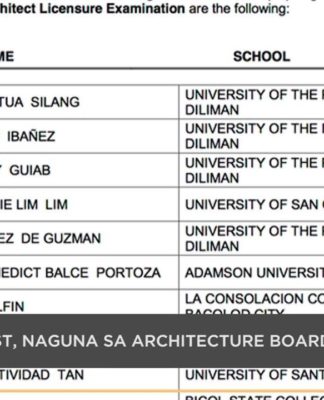
THE LUNETA bloodbath that took the lives of eight Hong Kong tourists and the hostage-taker drew not only criticism against the police’s incompetence in dealing crisis situations, but also the scoop-hungry media’s excesses.
The incident, which gained world-wide attention last August 23, brought hard lessons for both police and press. The world witnessed the government’s inept response to the crisis, shown by the poor training of the Special Weapons and Tactics (SWAT) team, the lack of equipment and crisis strategy, and poor communication. The President and police hierarchy have apologized for the botched rescue attempt. How about the media? It’s a fact – the broadcast media’s blow-by-blow live coverage was a case of too much information. The public knew what was happening. But so did gunman Rolando Mendoza.
The little-known RMN radio station even boasted of having obtained an “exclusive” interview with Mendoza, clogging the phone lines which should have been kept open to negotiators.
Prior to that, Mendoza saw on TV inside the bus how his relatives created a commotion after being brought to the police station for questioning – an episode that made things worse.
The oft-repeated refrain was that media were just doing their jobs as journalists – to get the story and to keep the public informed.
In case they missed the point, here it is – no story is worth one human life. While authorities were also to blame for not regulating media’s access to the scene, any self-respecting journalist doesn’t have to be told how to do the right thing.GMA Network was the first to issue a statement and admit lapses, as well as announce a review of its news coverage guidelines.
ABS-CBN followed suit, but only after listing what it said were the things it got right. ABS-CBN even brought in a Wall Street Journal opinion editor to defend the network’s coverage, in an apparent act of PR and image repair.
“Media witch hunt,” they cried. There is no witch hunt. The media are simply being asked to explain how they do things, which is just fair since they also ask other social institutions to explain themselves and be accountable.
There is in fact no need to review or revisit broadcast guidelines. Article 6 of the Kapisanan ng mga Brodkaster ng Pilipinas (KBP) Broadcast Code of 2007 states that: “the coverage of crimes in progress or crisis situations such as hostage-taking or kidnapping, shall not put lives in greater danger than what is already inherent in
the situation. Such coverage should be restrained and care should be taken cared of so as not to hinder or obstruct efforts of authorities to resolve the situation.” It’s also not a question of who’s to blame. There is plenty of blame to pass around. RMN would have none of it, despite reporter Erwin Tulfo’s admission of the ratings mentality prevailing inside broadcast control rooms.
The government is not even going to the point of controlling content –a neophyte lawmaker’s proposal to legislate media behavior was quickly forgotten in public discourse. The prevailing opinion is for the media to self-regulate, not for the government to impose a news blackout during crisis situations.
A news blackout, by the way, is not new to the industry. Two years ago, ABS-CBN begged for it, when scoop-hungry Ces Drilon was kidnapped in Sulu in the pursuit of an “exclusive” interview with bandits.
“The request was made primarily for the security and safety of Ces and her companions. At that time, we did not know what their situation was. We don’t want to speculate on any information that would jeopardize their safety,” Bong Osorio, ABS-CBN head of corporate communications, told the Philippine Daily Inquirer in June 2008.
That time, ABS-CBN did not care about the people’s right to know, and would rather not risk its prized TV news celebrity’s life by letting other broadcasters air a blow-by-blow coverage. As expected, unhampered negotiations succeeded in securing Ces Drilon’s freedom.
Often, the media tell others to shape up. Maybe it’s time for some in the so-called fourth estate to shape up, too. Admitting responsibility doesn’t mean losing credibility.












